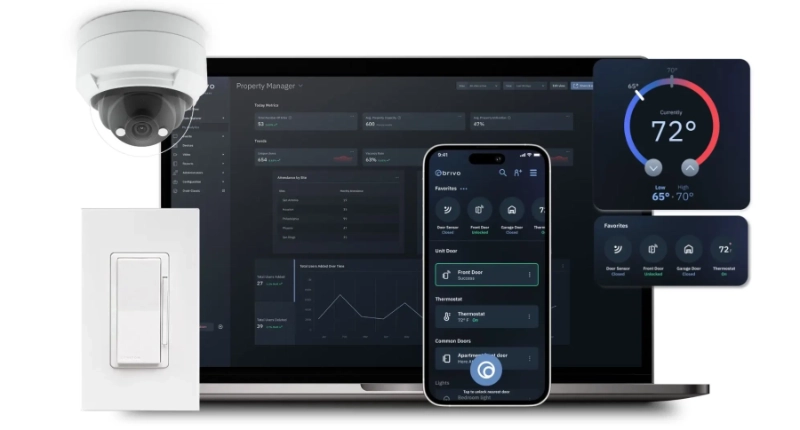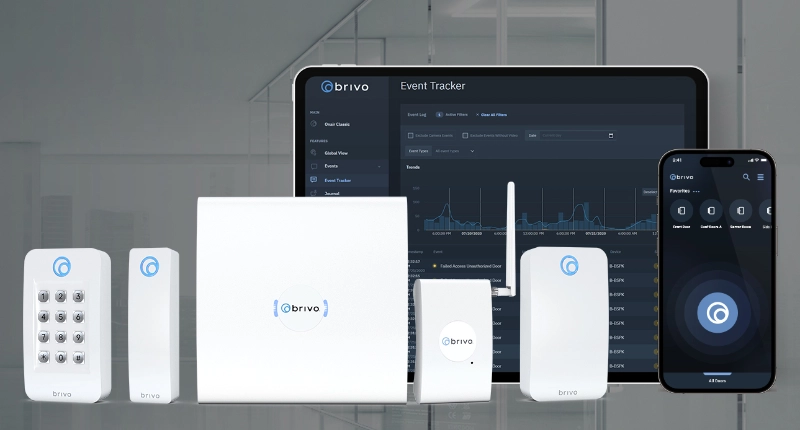Large manufacturers and distributors in industries of high demand goods are moving quickly to expand warehouse space and solidify supply chains. The pandemic and stay at home orders have spurred the demand for certain goods and delivery of those items, creating growth in the need for warehouse and manufacturing space. This surge in warehouse expansion is largely due to ecommerce. JLL, a leading fortune 500 company that specializes in real estate and investment management recently published a report which concludes that the U.S. may need another 1 billion square feet of warehouse space in order to satisfy the demand of the pending ecommerce boom.
JLL’s report found that, prior to COVID-19, 35% of industry leasing activity was due to ecommerce. Now that number is up to 50%. JLL also predicts that total online sales could reach $1.5 trillion by 2025. Understanding this forecast in ecommerce growth, the logistics of warehousing, transporting, and overall supply chain must follow. The rising demand and acquisition of physical warehouse and manufacturing space increases the need to secure those spaces, especially during a global pandemic.
In the effort to slow the spread of COVID-19, governments across the entire country are working in tandem with, and under the guidance of advisors in public health, economics, infrastructure, and security. As we approach the end of 2020, high density metropolitan areas will be greatly impacted by the growing impacts on supply chains, the logistical need to build resilient supply chains, and deploying a recovery plan of action. The guidelines set by the governments and official public health organizations when the outbreak started will continue to be set, but newer guidelines are beginning to address the needs of ecommerce and warehousing.
Warehouses have unique needs in that they usually have large amounts of inventory to keep safe from theft, sabotage or other issues. While there are less employees in a warehouse, they face higher rates of turnover and time theft. Warehouses also have different points of access to maintain and secure that can involve a complex strategy to maintain the safety of their employees and property. Security is more critical now and if there is not a solid and modern security plan in place, now is the time to reassess.
Warehouse security is an essential aspect for the ecommerce industry. With fewer on-site employees, warehouses face the challenge of securing valuable goods with less human resources. In this new era, the best solution to their security challenges is a cloud-based one. This eliminates the need to dedicate scarce human resources and space to maintain and uphold an on-site security system and allows warehouse owners to focus on protecting the goods they house and the people they employ. A cloud-based access control system will also solve issues pertaining to high turnover and the costs they bring around rekeying. When an employee quits or is let go with a metal key they are still able to access your facility. The costs of rekeying for warehouses can become astronomical if it is done every time there is a missing, lost, or stolen key. Instead of rekeying, cloud-based access control allows warehouses to issue new credentials and revoke old ones quickly and remotely. The minute a staff member resigns or is let go, their credential will no longer work, whether it be a key card or a mobile credential accessed on their smartphone.
In addition, warehouses and manufacturing face a greater security challenge to protect their various access points from external and internal threats. These access points have a unique set of needs to manage, maintain, and protect. Integrated access control and video surveillance are used to help satisfy this problem. Warehouse managers can see the access activity logs along with live video footage of who comes in and out of their doors in real time. In cases of theft and burglary, a cloud-based CCTV system can be used to increase the reaction and response time as well as aid in investigation of any crimes committed by both internal and external threats. Even further, a properly secured facility detracts future theft by making it known that a successful breach of entry is highly unlikely for those with the gusto to do so.
The rise of cloud-based security offers more capability and function to the management of building security with the added benefits of reduced costs, reduced inventory loss, ease of use and data analysis. By combining the right cloud-based platform with crucial integrations such as access control, CCTV, mobile credentials, visitor and identity management – warehouses managers can focus their efforts on satisfying the growing demands of housing and delivery.
In the new paradigm, the buying and selling of goods and services will be done mainly through ecommerce with the utilization of warehouses, resilient supply chains, and delivery to homes and businesses. This shift brings about certain and previously undervalued security needs that are solved by switching to a cloud-based all-in-one platform.
It is beyond doubt that we are going through a massive transformation that affects how we live our lives and the way we do business. The manufacturing and distribution industry faces the great challenge to innovate and adapt to this new era. The greatest challenge of all however, is securing people, property and commercial goods in a way that maintains health, promotes safety and reduces costs for all involved. The days of on-site servers and costly locks and keys are soon behind us – the days of cloud-based physical security systems are quickly becoming the norm.













